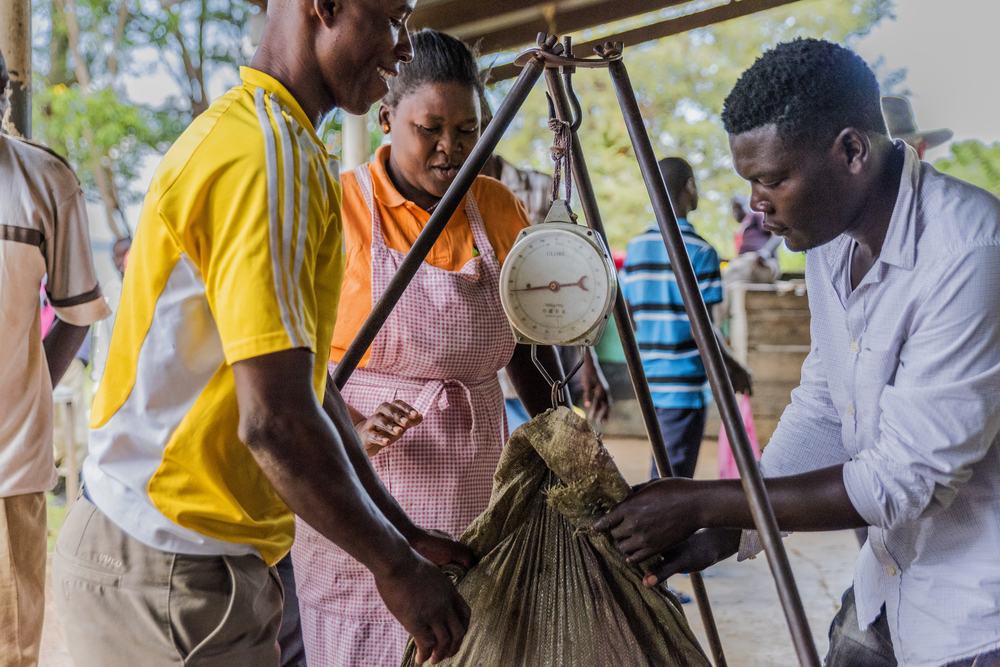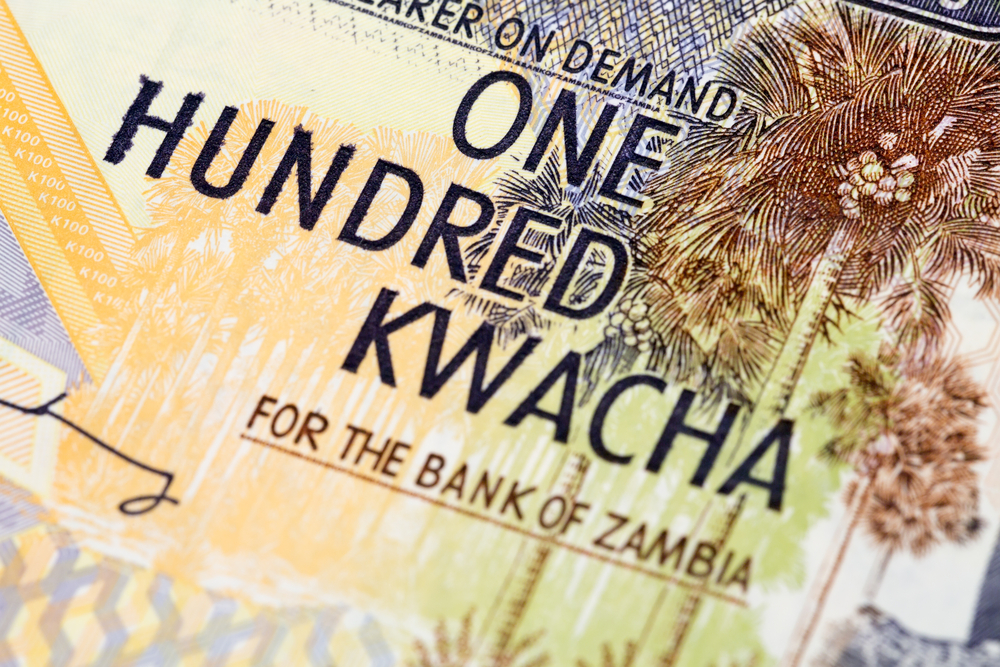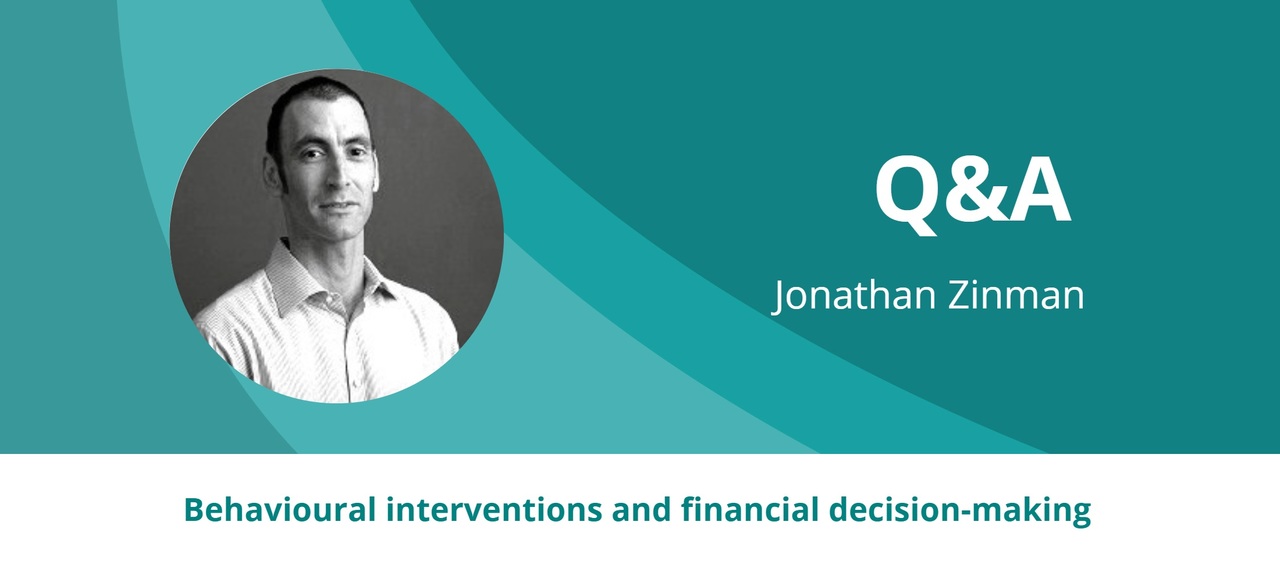
The potential of CBDCs for financial inclusion
Will CBDC solve your financial inclusion woes or further exclude the vulnerable? Central bank-backed digital currency (CBDC) may alleviate financial exclusion barriers, but it comes with risks. Given some of the shortcomings of digital financial services in reaching financially excluded populations, central banks in developing and emerging markets have increasingly














